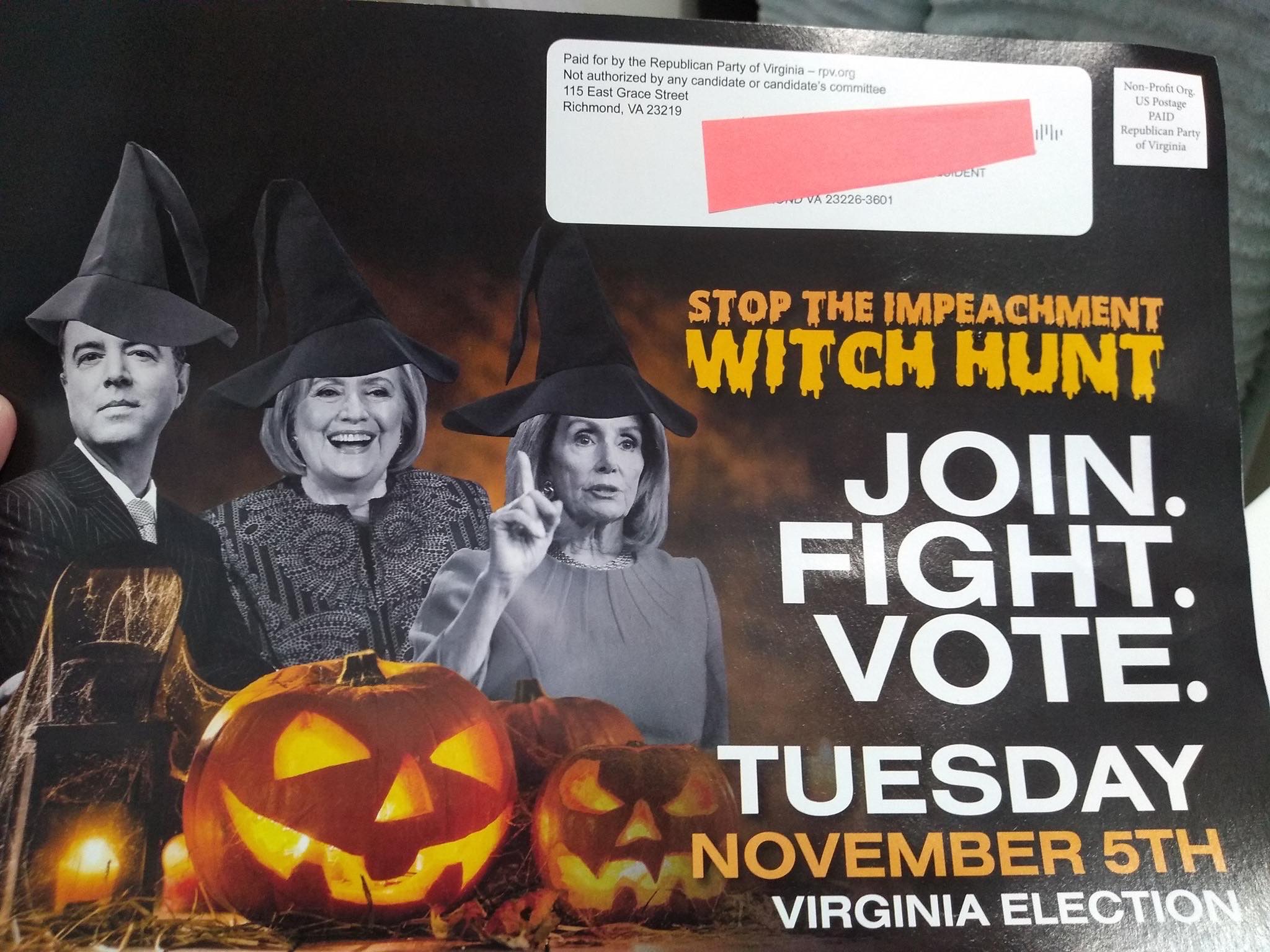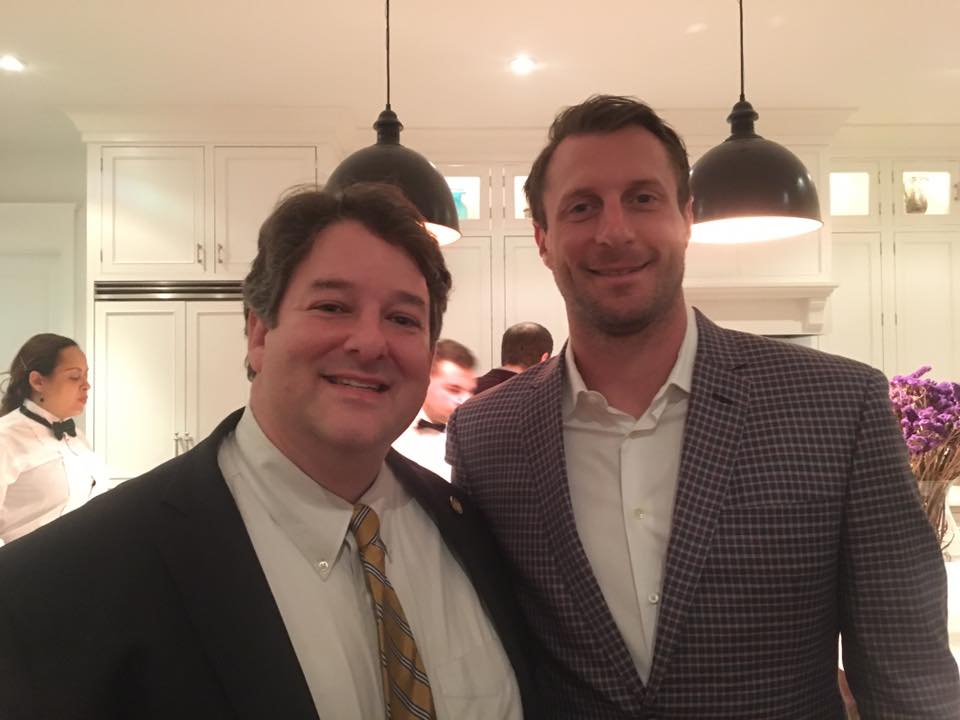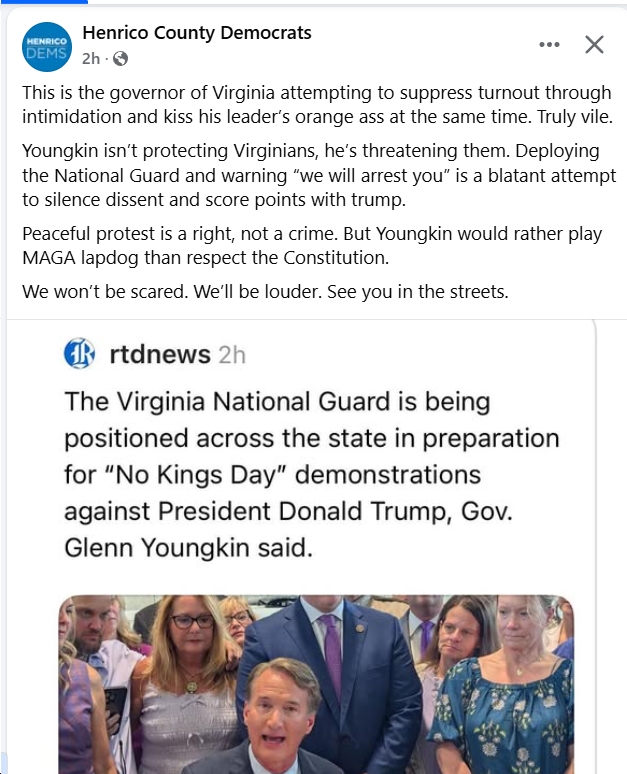I couldn’t agree more with what President Obama had to say here, in response to an excellent, timely question from a student at the University of Chicago Law School. Let’s all step back, take a deep breath, and realize that either Bernie Sanders or Hillary Clinton would be infinitely – not 100 times, not 1,000 times, but literally infinitely – better than either the two right-wing extremists and bigots (Ted Cruz and Donald Trump) most likely to be the 2016 GOP presidential nominee. Let’s also remind ourselves that primaries frequently get heated. As someone who was heavily involved in the “Draft Wesley Clark” movement in 2003, who was in the middle of the Jim Webb vs. Harris Miller wars in 2006, who was a strong Barack Obama supporter (over Hillary Clinton) in 2008, I can definitively attest to this fact. But I can also attest to the fact that in almost every case I can remember, after the primary ended, Democrats came together for the most part. In 2006, for instance, I remember some Harris Miller supporters never really liking Jim Webb, but of course supporting him over George Allen.
My hope and belief is that the same thing will happen this time, whether Hillary Clinton or Bernie Sanders is the 2016 Democratic presidential nominee. For my part, I’m a Clinton supporter but would do everything I could to help elect Sanders over Trump, Cruz, Kasich, Ryan, or whoever the off-the-deep-end GOP puts up. I would hope that all Virginia Democrats would commit to this. I’d also urge everyone to cool the rhetorical heat between Clinton and Sanders, and instead to focus on the real villains — Trump and Cruz. And yes, they are villains in the sense that their views are extreme and in many cases bigoted, plus they would take us in a dangerous direction that would be enormously harmful to our nation and to the planet.
With that, here’s President Obama responding to a question on whether the “divergence within the Democratic Party” might be “widening to the extent we saw with the Tea Party’s emergence.”
Question: Mr. President, we are currently in the midst of a polarizing political election cycle dividing both major parties along populist and establishment fault lines. Do you anticipate this divergence within the Democratic Party widening to the extent we saw with the Tea Party’s emergence…and if not, what do you worry about for the future of the Democratic Party?
Answer: Short answer is no, I don’t — the cleavages inside the Democratic Party are not comparable to what we’re seeing in the Republican Party right now. The argument inside the Democratic Party is a little bit more about means, less about ends. If you look at our two Democratic candidates, they believe that everybody should get health care, they believe that every child should get a good education, they believe that climate change is real and that we should do something about it. They believe in equality for the LGBT community. If you go through the list, there’s not a huge divergence there.
I think that in the Democratic Party, there is a populist impulse that grows outs of what I also think has happened for folks who are voting in the Republican primary — this frustration in the wake of the financial crisis and the bottom falling out for people who lost their jobs or lost their homes or lost their pensions. That the world’s moving fast, the ground is not firm under their feet. And even before that crisis, wages and incomes were not going up at the same pace as productivity, corporate profits and so forth. And so there’s a sense the game is rigged and we have to more fundamentally change that game, that system, whether it’s wall Street or how Washington operates or what have you.
Some of that impulse is healthy. You want people to be asking hard questions about injustice economically and the way that insiders in the political process may not fully represent the interests of everyone. The danger, whether for Democrats or Republicans, is in a closed loop system where everybody is just listening to the people who agree with them, that you start thinking the way to get to where I want to go is to simply be as uncompromising as possible and hold the line and not pay attention or listen to what the other side has to say. And if — and that is sort of a Tea Party mentality. And anybody who suggests, well, there’s another point of view or there’s a whole half of the country that completely disagrees with us that we have to work with, well, then you must be a sellout or you must be corrupted or you must be on the take or what have you.
And that is not, I think, useful. And it’s not to say there isn’t corruption, that there isn’t compromise or people compromising principles for less than noble means, etc. Those things happen and they should be called out. But a lot of the reason why a lot of Democrats who supported me and still support me got frustrated is because a bunch of the country doesn’t agree with me or them. And they have votes too. And they elect members of Congress. And, you know, that’s how our democracy works.
It’s not a situation — if you don’t get everything you want, it’s not always because the person you elected sold you out. It may just be because, in our system, you end up taking half loaves. I could not be prouder of the Affordable Care Act. But it was a messy process. It doesn’t have a public option. It’s not single payer. If I were designing a system from scratch, I would have designed a more elegant system and a more efficient system. But that’s not what was possible in our democracy. In the same way that social security, when it first started, was a meagerly program providing benefits to just a few people, and historically cut out for purely racist reasons domestic servants or share croppers or what have you. Then over time, you kept on improving it.
That’s how change generally happens. And I think the thing that Democrats have to guard against is going in the direction that the Republicans are much further along on, and that is this sense of we are just going to get our way and if we don’t, then we’ll cannibalize our own and then kick them out and try again and we narrow our viewpoints more and more until finally we stake out positions that are so extreme that they alienate the broad public. I don’t see that being where the Democrats go. But it’s always something that we have to pay attention to.















